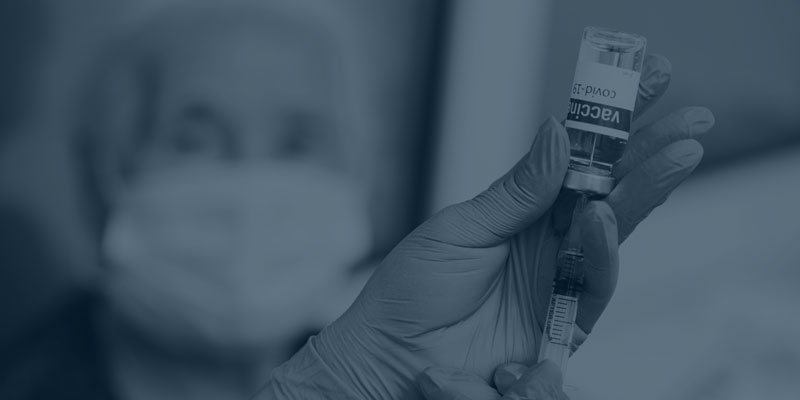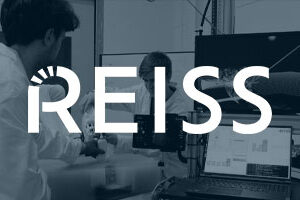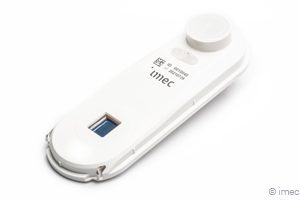Since 2019, the world has been gripped by SARS-COV-2 and its various mutations. Societies worldwide have demonstrated resilience, especially healthcare workers, scientists and all whom created the ‘New Normal’ that allowed us to continue our lives as good as possible. Even though it feels like the storm has passed, we need to continue to innovate. We need to innovate to lessen the burden of new waves and to be more resilient to new mutations and viruses. What’s the role of technology in our defense against infectious diseases?

Innovations such as the mRNA vaccines have already made significant impact in the current pandemic, and hold an unprecedented potential to a broad range of diseases. For example through self-amplifying RNA vaccines to prolong its efficacy, or mRNA cocktails to protect against existing or predicted mutations. What else could we want? What’s the role of technology? Let’s have a look.
Can we get rid of that painful intramuscular injection?
Or freeing up all those healthcare workers setting jabs day-in, day-out? An exciting new move is seen in the development of nasal spray vaccines delivery and drugs that may temporarily boost our resistance against viral infections. Currently, ten nasally delivered vaccines are undergoing, or recruiting for, phase 1 clinical trials. We’re not there yet. Even though the administration is much more convenient and user friendly, with the potential of decentralizing the complete distribution of vaccines, it comes with its challenges. Unfortunately, our bodies innate immune system isn’t helping, our natural defense mechanism causes some issues. One particular issue is that we actively clear the vaccines or drugs through mucociliary clearance, or snot.
Can we boost our resistance against viral infections temporarily?
What would that imply? Effectively, several studies have shown that nasally administered drugs or compounds create an additional barrier of defense reducing infectiousness of viruses drastically. These drugs may act by locally activating or ‘boosting’ the innate immune system, or by blocking the ‘entry-points’ of the virus on our cells. Interestingly, in mice studies, a drug showed effective protection against SARS-CoV-2 infection pre- and post exposure, with drug administered 8 hours post exposure.




